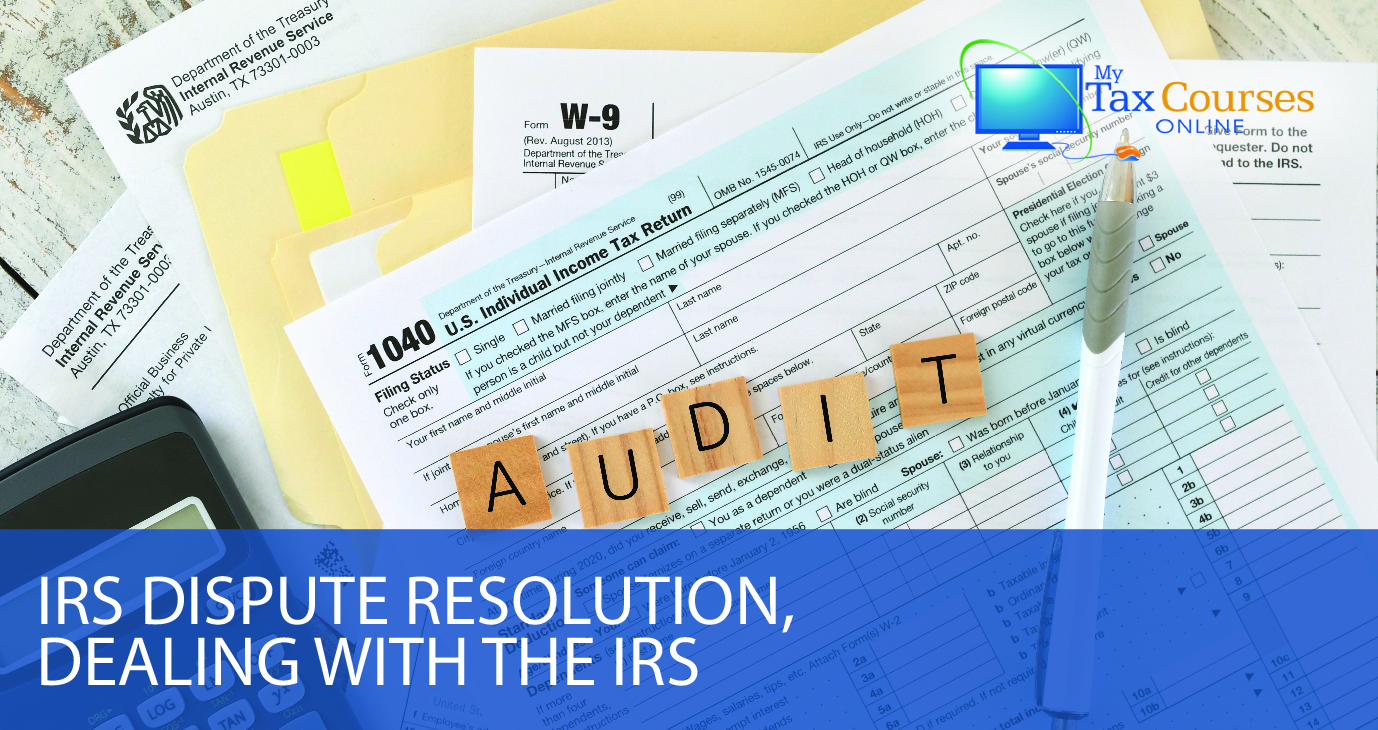Dealing with the IRS: Tips for Effective Dispute Resolution
As a tax preparer, you know that dealing with the IRS can be a daunting experience for your clients. Disputes can arise for various reasons, including mistakes in reporting, misinterpretation of tax law, or simply bad luck.
Whatever the reason, it's important to approach the IRS with caution and a clear understanding of the dispute resolution process.
In this post, we'll explore some of the best practices for dealing with the IRS and resolving disputes in a timely and effective manner.
Know Your Tax Laws & Regulations
First and foremost, it's important to have a thorough understanding of the tax laws and regulations that apply to your clients. This will help you identify any potential issues or discrepancies that could trigger an audit or a dispute with the IRS.
It's also important to keep up-to-date with any changes or updates to the tax code that could impact your clients' filings.
When a dispute does arise, it's important to respond to any notices or requests from the IRS promptly. This will show that you are taking the matter seriously and are willing to work with the IRS to resolve the issue.
Always keep detailed records of all communications with the IRS, including phone calls, emails, and letters. This will help you stay organized and provide further documentation if needed.
Be Proactive Instead Of Reactive
One of the most important best practices for dealing with the IRS is to be proactive in addressing any issues before they become disputes.
This means being thorough in your tax preparation and double-checking all of your work before submitting your clients' returns.
It also means being honest and transparent with the IRS if you do identify an issue or discrepancy. By taking a proactive approach, you can avoid many potential disputes and save your clients time and money in the long run.
How To Best Handle Tax Disputes
If a dispute does escalate, there are several options for resolving the issue.
One option is to request a conference with the IRS Office of Appeals.
This is an independent organization within the IRS that is designed to provide a neutral forum for resolving disputes between taxpayers and the agency.
A conference with the Office of Appeals can be requested after the initial audit or examination has been completed and before any formal appeal has been filed.
Another option is to file a formal appeal with the IRS. This more formal process involves submitting a written protest of the IRS's decision to a specific appeals office within the agency. The appeals process can be time-consuming and complicated, but it can also be an effective way to resolve disputes if other methods have failed.
Finally, it's important to stay calm and professional throughout the dispute-resolution process. Dealing with the IRS can be stressful and emotional, but it's important to remember that the agency is simply enforcing the tax laws that have been put in place by Congress.
By remaining calm and professional, you can help to defuse any tensions and work towards a positive resolution.
Closing Thoughts
In conclusion, dealing with the IRS can be a complex and challenging process, but by following these best practices and staying informed about the tax laws and regulations that apply to your clients, you can help to resolve disputes quickly and effectively.
Remember to be proactive in addressing any potential issues, keep detailed records of all communications with the IRS, and stay calm and professional throughout the process.
With these tips in mind, you can help your clients navigate the often-confusing world of tax disputes and come out on top.




